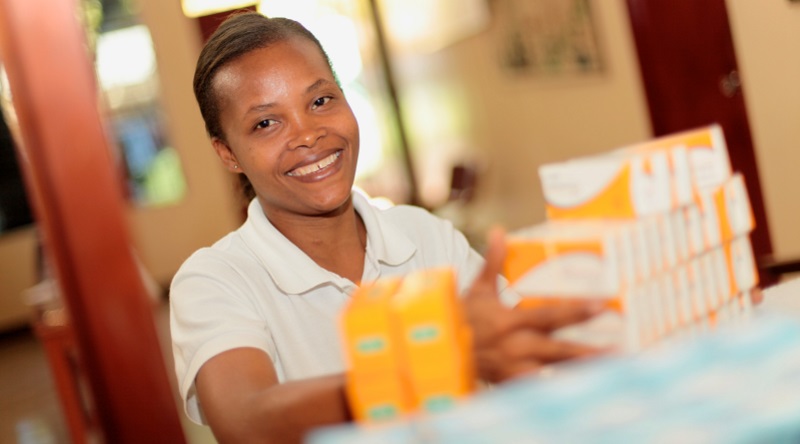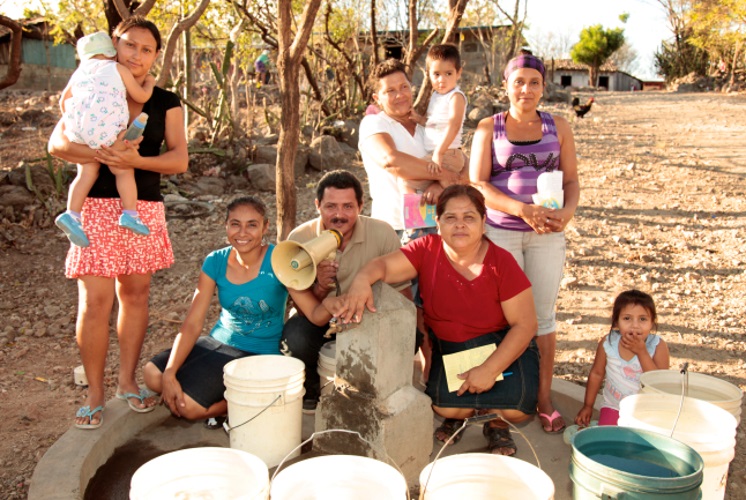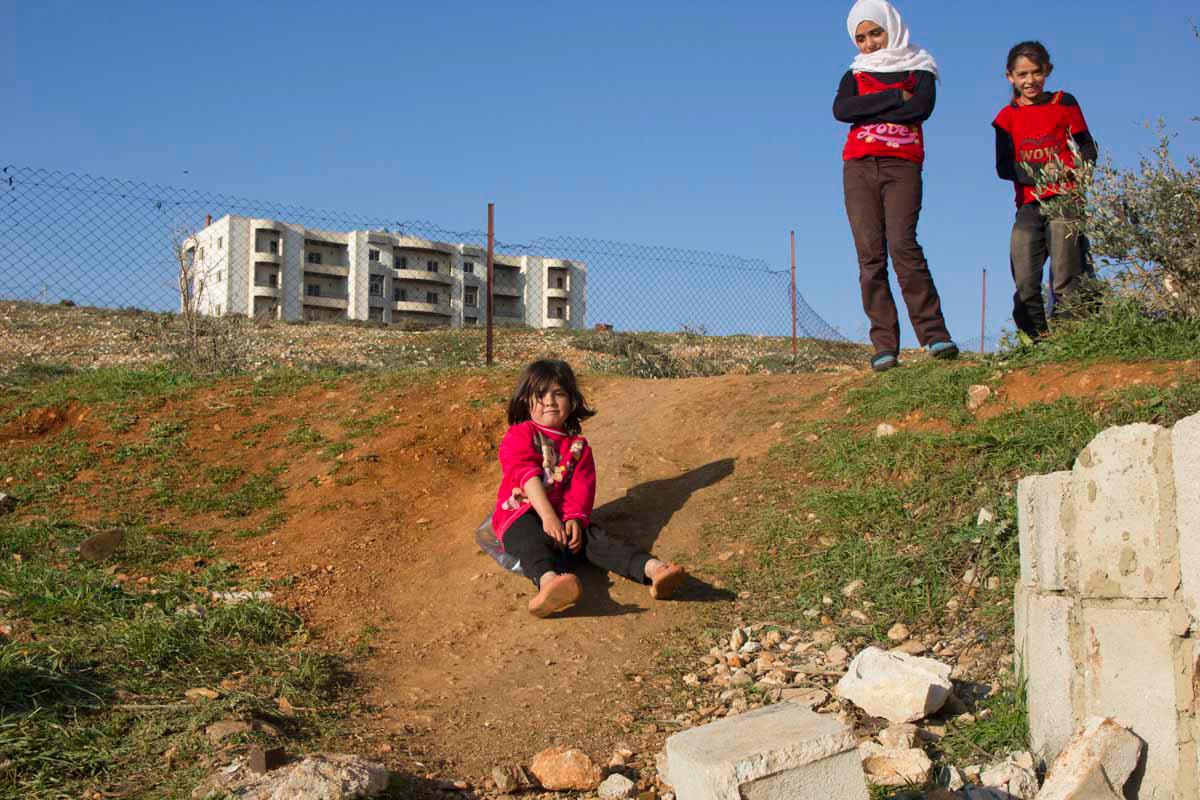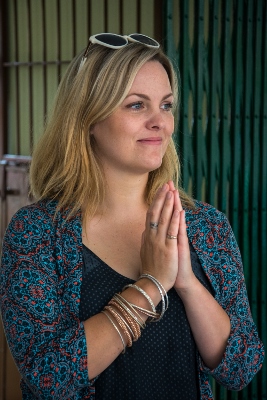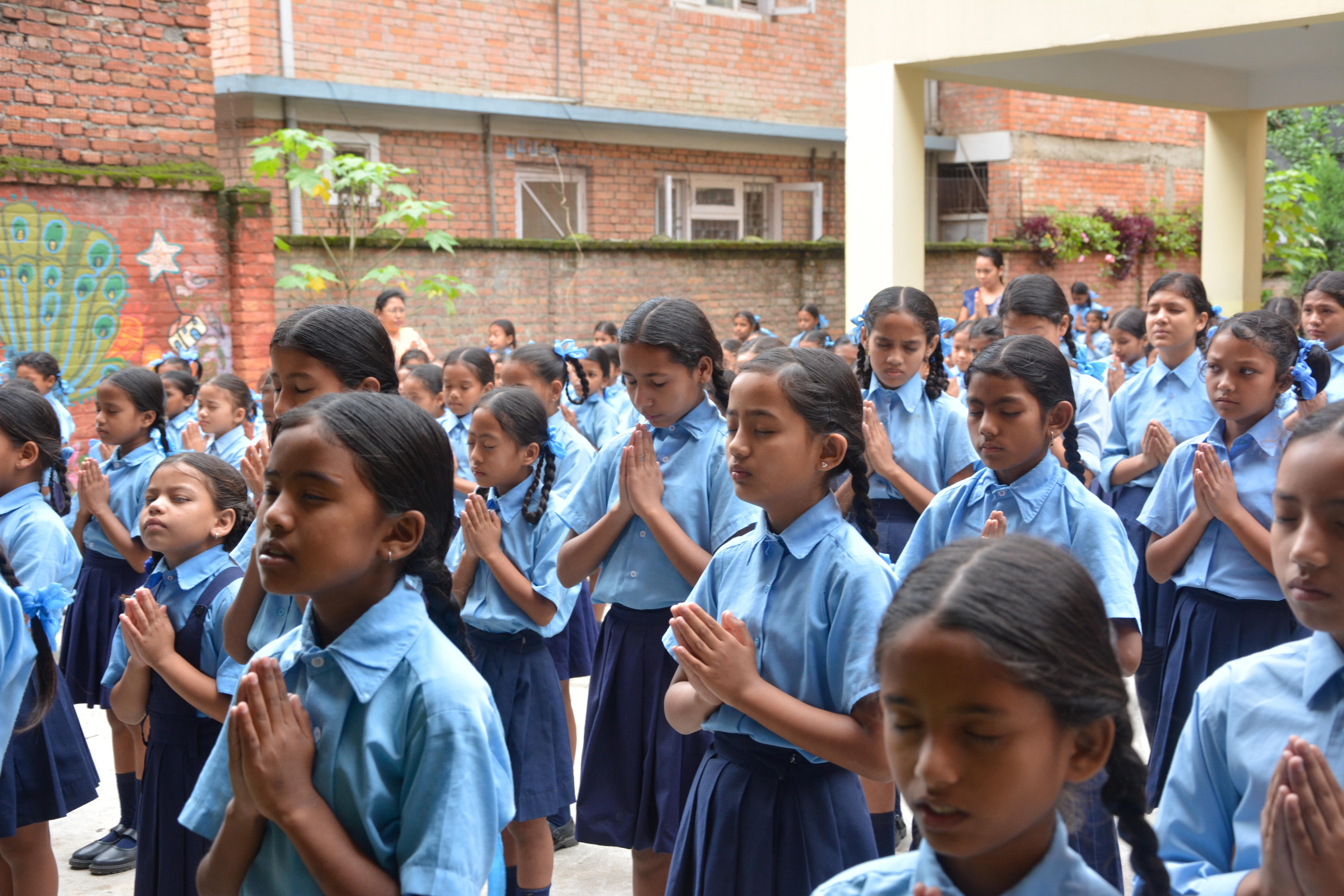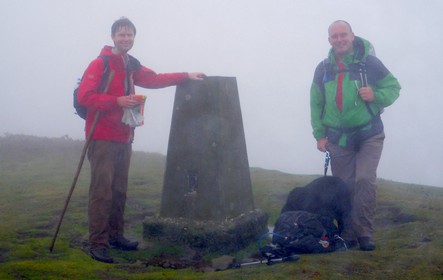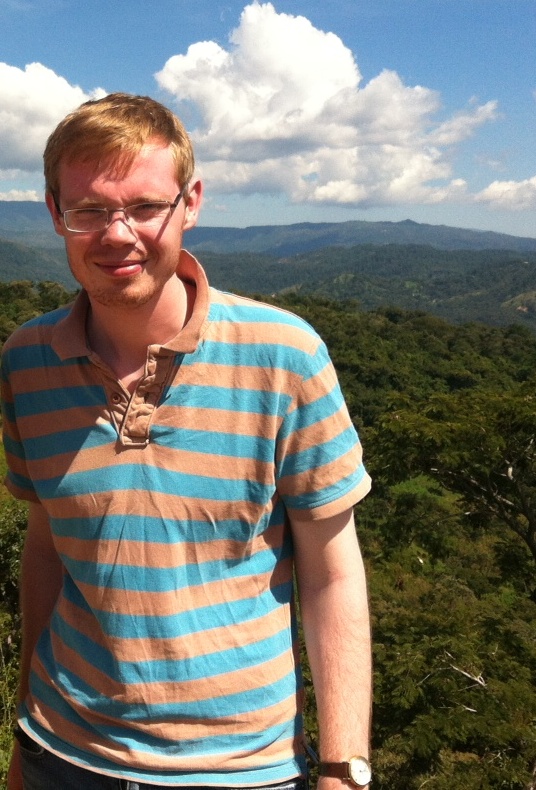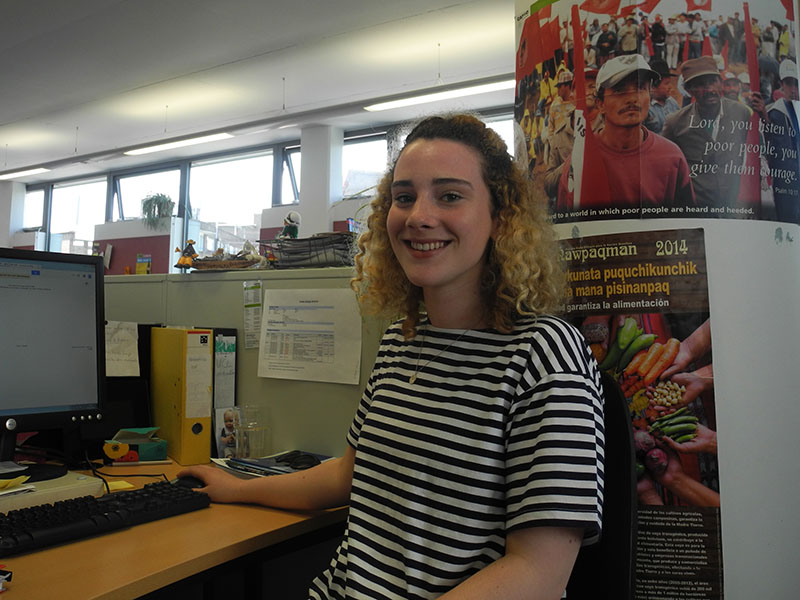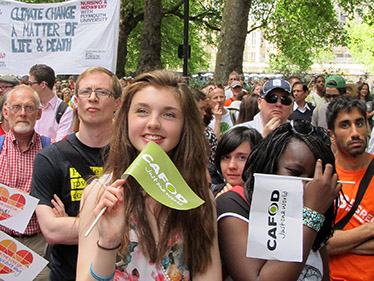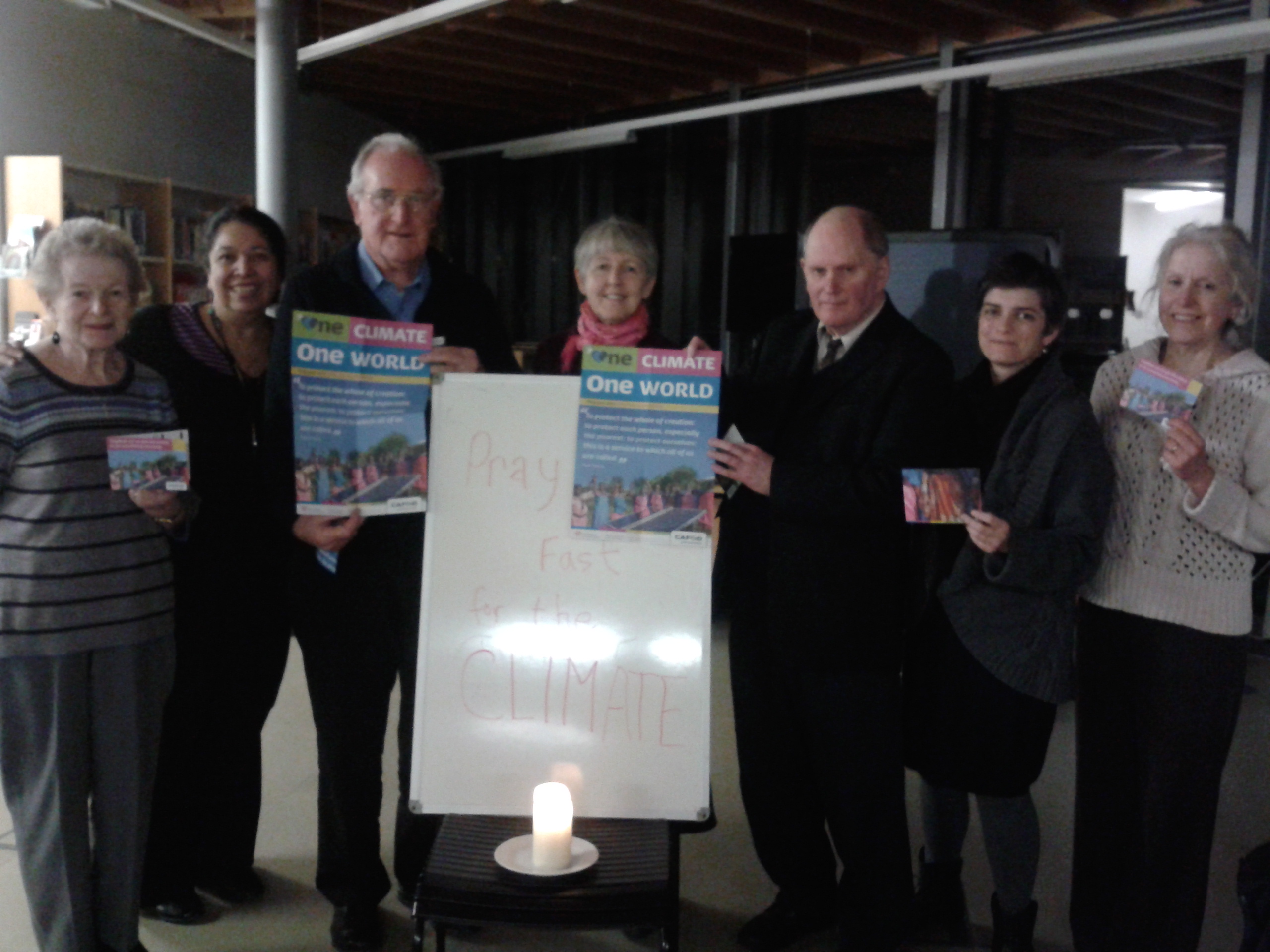Year of Mercy, Doors of Mercy
December 18, 2015
On International Migrants Day, CAFOD’s Susy Brouard reflects on the Jubilee of Mercy and compassion for refugees.
Susy Brouard from CAFOD’s Theology Programme reflects on the new Doors of Mercy which are being opened around the world, and the ones which already exist…..

Last week Pope Francis launched the Extraordinary Jubilee of Mercy by pushing open the normally bricked-up bronze doors of St Peter’s Basilica in Rome. This was the very first Door of Mercy to be opened this Jubilee year, which began 8 December. The Holy Father asked Catholics that as they walk through it, they should take on the role of the Good Samaritan.
Throughout England and Wales, dioceses, schools and parishes have taken up the Pope’s initiative in diverse ways – my personal favourite is the Jubilee of Mercy double-decker bus which will tour parts of Greater Manchester and Lancaster come February next year. Inside, priests will be available for confession, a blessing or simply a chat.
Opening new Doors of Mercy is a fantastic idea which will open up spaces where people can find healing and reconciliation. However, last week, in conversation with a Religious sister who works with vulnerable women, she raised the fact that there already are, within and outside the Catholic Church, Doors of Mercy, which people walk through daily and find places of healing and sanctuary. How true, I thought!
Download our Jubilee of Mercy reflection
Opening Doors of Mercy
As a CAFOD member of staff I began to reflect on where the Doors of Mercy are in our work. I thought immediately of the work that our sister agencies in the Caritas network are doing with refugees. Surely any entrance to a building which provides a safe refuge for those who have nothing is a Door of Mercy? Surely any entrance to a building which provides sanitation facilities, psychosocial support and above all, a warm and genuine welcome, is a Door of Mercy? These Doors, as well as the new ones, need to be highlighted and celebrated.
